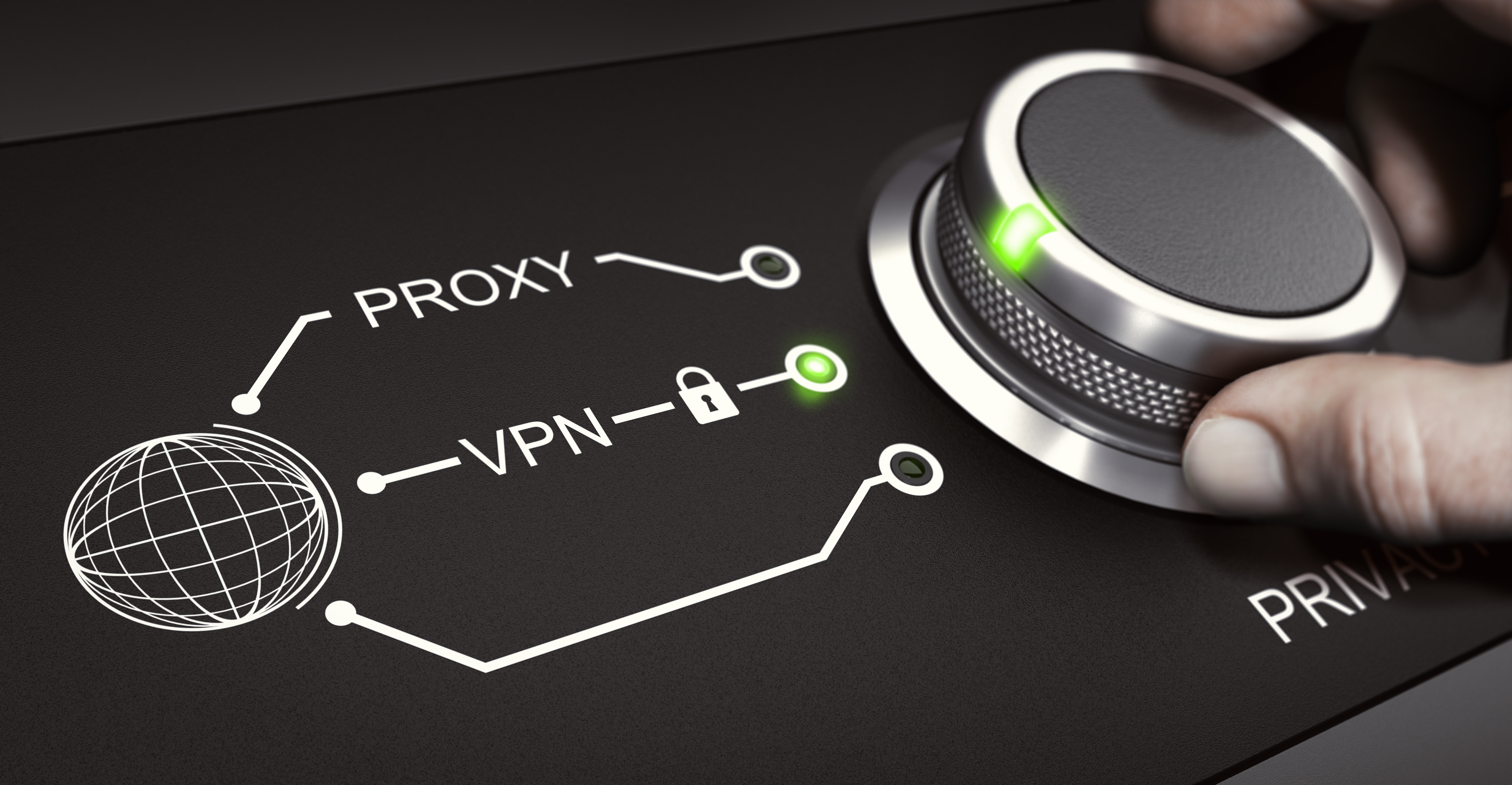The digital age, fraught with its numerous security challenges, has made VPNs, or Virtual Private Networks, indispensable tools for online safety.
These security protocols help users secure their online presence, cloak their digital footprints, and establish safer connections to the internet.
But with a vast array of VPN services now available, how does one cut through the noise and pick the right fit? Below are some crucial factors to bear in mind when hunting for your perfect VPN.
Understand Your Unique Requirements
The first step to selecting the right VPN is understanding your unique needs. The requirement for a VPN may vary significantly from a business professional who frequently travels to a student who wants to bypass the regional restrictions for accessing educational content. By defining your specific needs beforehand, you can streamline your choices and identify the services best tailored to meet those requirements.
Gauge the Security Protocols
VPNs employ different security protocols to ensure your data remains secure as it travels through the virtual tunnel. These protocols, though similar in function, are not made equal. Understanding the strengths and weaknesses of protocols such as OpenVPN, PPTP, L2TP/IPSec, and others can greatly influence your decision. Some VPNs may offer superior encryption standards but could be slower, while others may provide faster speeds but compromise on security.
Assess Cross-Platform Compatibility
In this age of digital diversity, many of us use multiple devices across different platforms. Thus, your chosen VPN should exhibit seamless compatibility with all your devices, ensuring a robust and dependable connection, whether on your desktop, laptop, or mobile gadgets.
Server Count and Geographic Locations
A VPN with a wide range of servers spread across various locations offers you greater flexibility when connecting to the internet. An increased server count minimizes the risk of overcrowded servers and slow speeds and provides you with many options for geo-spoofing your location. This is particularly crucial if you’re seeking a UK server VPN that will provide reliable connections within the United Kingdom.
Multiple Simultaneous Connections
Given that most of us have more than one internet-enabled device, it is prudent to select a VPN service that supports multiple simultaneous connections. This way, you can ensure all your devices benefit from the added layer of protection a VPN provides without needing to disconnect one device to protect another.
Understand the Privacy Policy
The primary purpose of a VPN is to safeguard your online privacy. However, not all VPNs uphold this principle. It’s crucial to thoroughly scrutinize the provider’s privacy policy, ensuring they do not log your online activities or share your personal data with third parties.
Evaluate Connection Speed
High-speed connections are paramount, especially if your online activities involve streaming or torrenting. Ensure that your selected VPN browser Anti Blokir provides fast speeds and can manage high-bandwidth tasks without compromising the quality of your connection.
Check the Provider’s Security Credibility
Since VPN services revolve around online security and privacy, it’s vital to ensure your provider has a sound background in cybersecurity. Their track record should inspire confidence and demonstrate a commitment to safeguarding their users’ digital lives.
Consider the Pricing Structure
Free VPNs might seem appealing but often carry hidden risks, such as intrusive advertising and questionable data logging practices. Paid VPNs, on the other hand, are generally more dependable and secure, offering better features and superior service quality.
Choosing the best VPN service is a task that requires careful consideration of your needs and scrutiny of available options. Remember, not all VPNs are created equal. By focusing on these important aspects, you can find a VPN service that fits your needs perfectly and provides the security and privacy you require.
Suggest: Why you should be using a VPN

